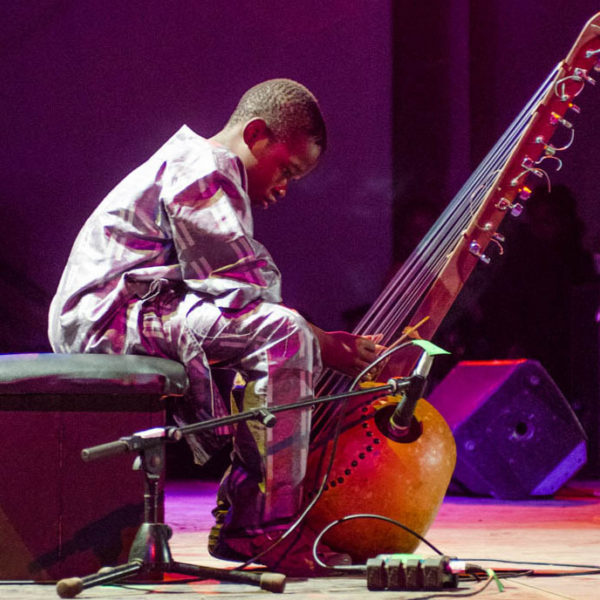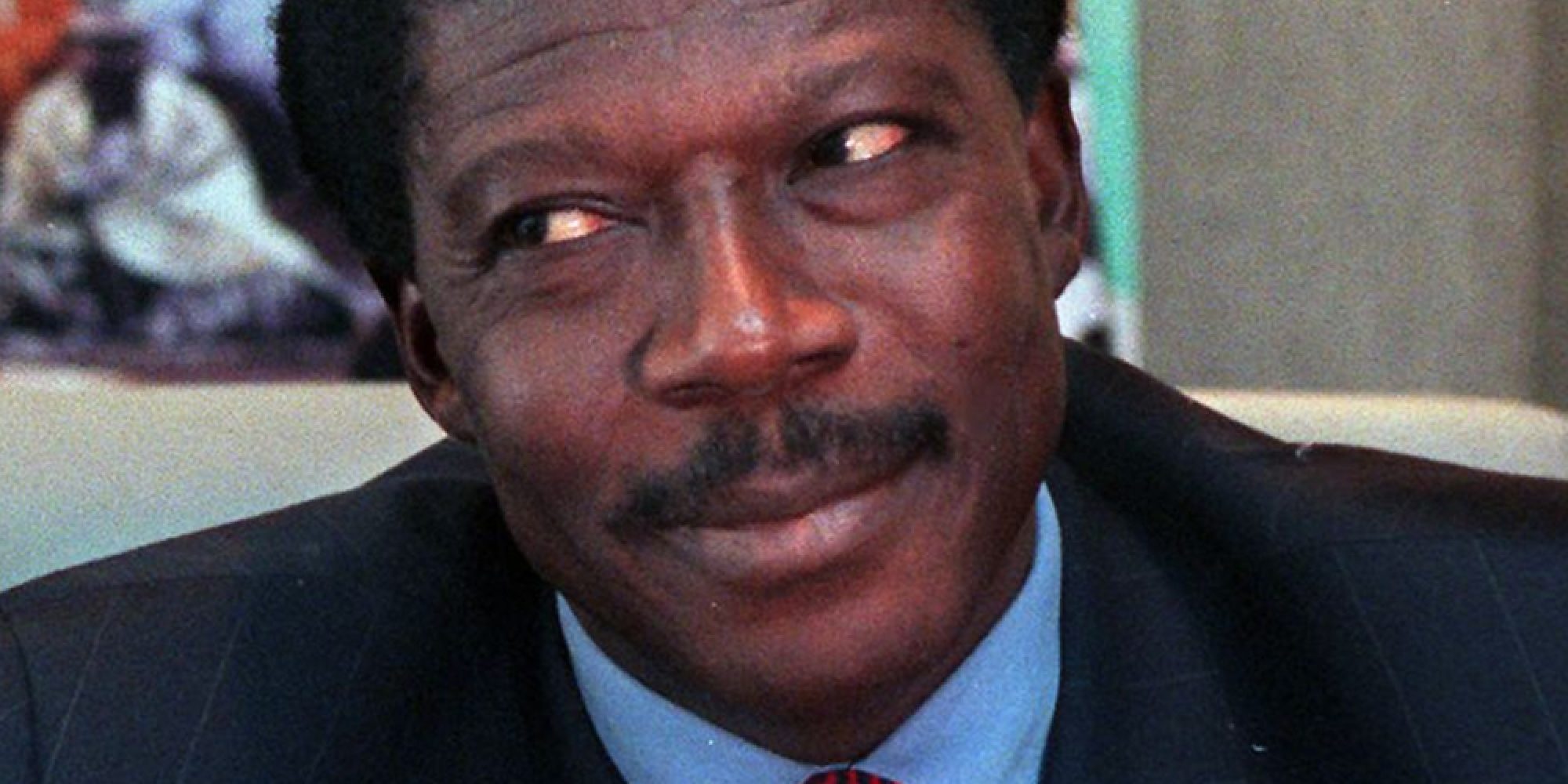Afropop Classic July 25, 2024
The Enigma of Baba Sora
The life and legacy of Foutanga Babani Sissoko, Baba Sora, is explored through reminiscences and music.
Foutanga Babani Sissoko, known also as Baba Sora, was one of the most generous patrons of Malian musicians, particularly griots, in modern times. His gifts of cash, gold, cars and houses are legendary, and the amount of music he inspired was voluminous. But the source of all those riches turned out to be dubious, to say the least. And when he died in March 2021, he had spent his later years a poor man. In this episode we hear the man, the music and the remembrances of those whose lives were changed by his extraordinary generosity. Featuring interviews with Lucy Duràn, Kandia Kouyaté, Lassana Diabaté and Baba Sora himself. Produced by Banning Eyre.
Related Audio Programs

Hip Deep January 11, 2018
This program presents a musical portrait of Bamako in the wake of crisis. We explore the precarious lives of griots in today’s Bamako, focusing on the upbringing and education of children in these hereditary families of historian-entertainers.











